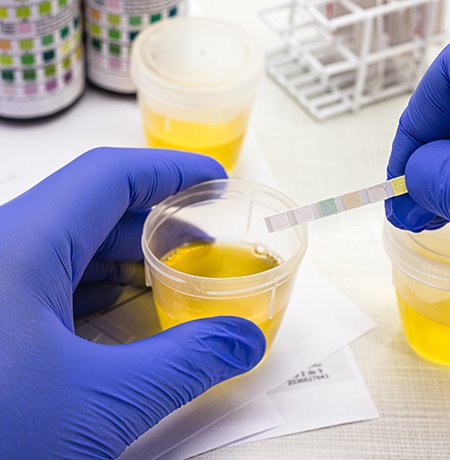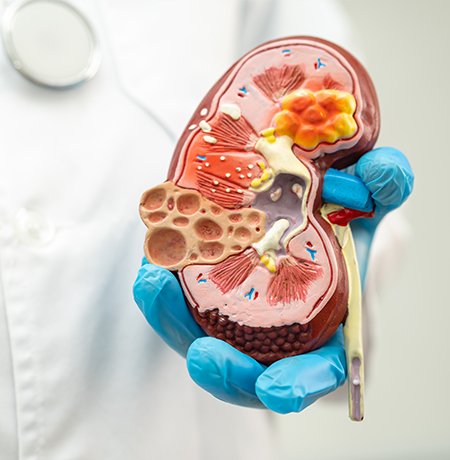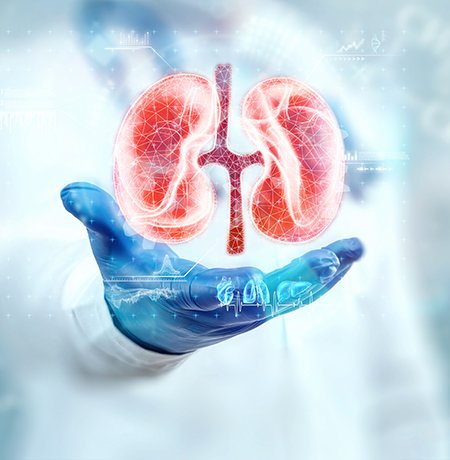Nephrology
Nephrology
Nephrology is the medical specialty dedicated to the study, diagnosis, and treatment of conditions related to the kidneys and urinary system.
Key Aspects of Nephrology:
- Kidney Function:
– Nephrologists specialize in understanding the intricate functions of the kidneys, which include filtering blood, regulating electrolytes, and maintaining fluid balance.
- Renal Conditions:
– Nephrologists diagnose and treat a variety of kidney-related conditions, such as chronic kidney disease (CKD), acute kidney injury (AKI), kidney stones, and glomerulonephritis.
Common Kidney Conditions:
- Chronic Kidney Disease (CKD):
– CKD is a progressive condition that affects the kidneys’ ability to function over time. Nephrologists work to slow the progression of CKD and manage associated complications.
- Acute Kidney Injury (AKI):
– AKI is a sudden and often reversible loss of kidney function. Nephrologists investigate the underlying causes and provide interventions to restore kidney function.
- Kidney Stones:
– Nephrologists address the formation of kidney stones, offering treatments to alleviate symptoms and prevent recurrence through lifestyle changes and dietary recommendations.
- Glomerulonephritis:
– Glomerulonephritis involves inflammation of the kidney’s filtering units (glomeruli). Nephrologists diagnose and manage this condition to prevent further kidney damage.
Diagnostic Tools in Nephrology:
- Blood and Urine Tests:
– Nephrologists use blood and urine tests to assess kidney function, identify abnormalities, and monitor the progression of kidney diseases.
- Imaging Studies:
– Imaging techniques such as ultrasound, CT scans, and MRIs help nephrologists visualize the kidneys and identify structural abnormalities.
Dialysis and Kidney Transplant:
- Dialysis:
– For individuals with advanced kidney failure, nephrologists may recommend dialysis. This process involves using a machine to filter and purify the blood, performing the functions of the kidneys.
- Kidney Transplant:
– Nephrologists work closely with transplant teams to evaluate and prepare patients for kidney transplantation, a life-saving option for those with end-stage renal disease.
Preventive Kidney Care:
- Blood Pressure Management:
– Managing blood pressure is crucial for kidney health. Nephrologists often collaborate with primary care physicians to control hypertension and prevent kidney damage.
- Diabetes Management:
– Individuals with diabetes are at an increased risk of kidney disease. Nephrologists collaborate with endocrinologists and primary care physicians to manage diabetes and preserve kidney function.
When to Consult a Nephrologist:
If you experience symptoms such as persistent changes in urine output, blood in the urine, swelling, or have risk factors for kidney disease, it’s essential to consult with a nephrologist. Early detection and management can significantly impact kidney health.






